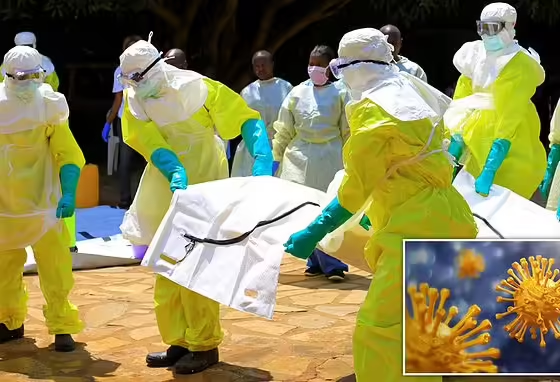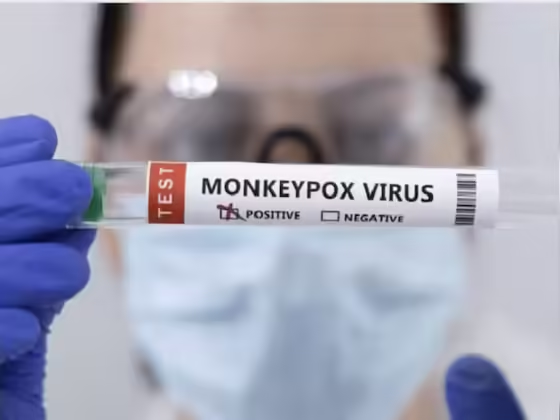World Health Organization chief Tedros Adhanom Ghebreyesus on Wednesday called an “emergency” meeting of international experts amidst growing worries over the mpox virus.
With mpox spreading outside of the Democratic Republic of Congo, Tedros said the WHO emergency committee would meet “as soon as possible” to advise him on “whether the outbreak represents a public health emergency of international concern”.
A public health emergency of international concern is the highest alarm the WHO can sound and allows Tedros to trigger emergency responses under the International Health Regulations.
What Is This Virus?
Mpox virus, a relatively unknown pathogen, has recently garnered attention in the scientific community. Researchers are delving into the intricacies of this virus to understand its origins, transmission, and potential impact on public health. Let’s unravel the enigma surrounding the Mpox virus.
The Mpox virus belongs to a family of viruses that primarily affect animals, particularly mammals. Its genetic makeup is distinct, posing challenges for scientists in terms of classification and treatment. The virus is known for its ability to mutate rapidly, making it a formidable foe in the realm of infectious diseases.
Transmission and Spread of Mpox Virus
One of the most concerning aspects of the Mpox virus is its mode of transmission. While the exact mechanisms are still being studied, preliminary findings suggest that the virus can be spread through close contact with infected animals or their bodily fluids. This raises concerns about zoonotic transmission and the potential for the virus to jump species barriers.
Symptoms and Diagnosis of Mpox Virus
Identifying the Mpox virus poses a significant challenge due to its nonspecific symptoms, which often mimic those of other common illnesses. Fever, fatigue, and respiratory issues are among the reported symptoms, making it difficult to differentiate Mpox virus infections from other respiratory diseases. Accurate diagnosis relies on specialized testing and molecular techniques.











